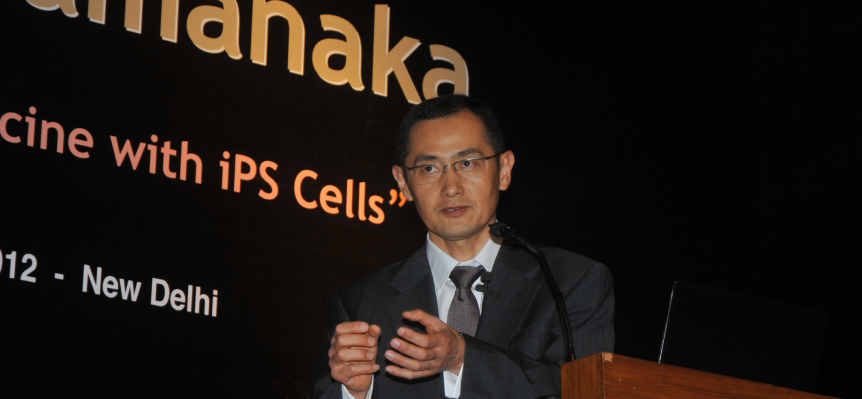Shinya Yamanaka, toured in Bengaluru, Chennai, and New Delhi in January-February 2012. His Lecture is titled “New Era of Medicine with iPS Cells”. Professor Yamanaka divides his time between Kyoto and San Francisco. He serves as the Director of the Center for iPS Cell Research and Application and as Professor at the Institute for Frontier Medical Sciences at Kyoto University. He is also a Senior Investigator at the UCSF-affiliated J. David Gladstone Institutes and a Professor of Anatomy at the University of California, San Francisco (UCSF).
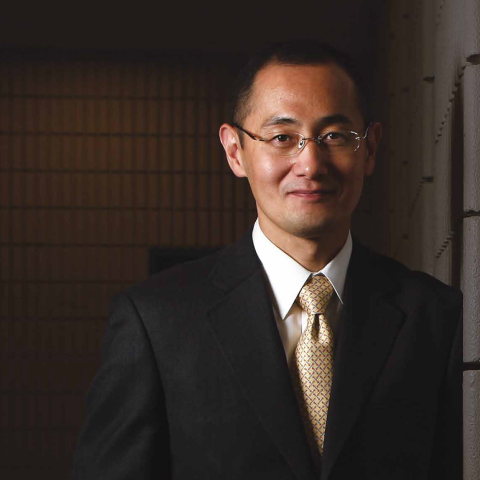
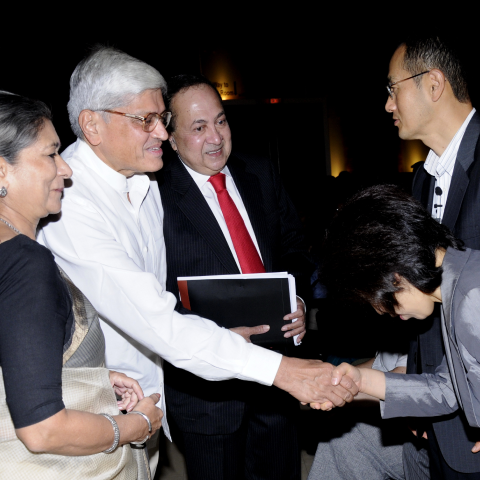
Shinya Yamanaka’s career in science has been a distinguished one. He was awarded the Albert Lasker Prize in 2009 and The Wolf Prize in 2011. These cap a long list of awards that are detailed below.
The stated goal of Professor Yamanaka’s laboratory has been to generate pluripotent stem cells from human somatic cells.
The ability to “reprogram” adult cells back into an earlier, undifferentiated state has helped to reshape the ethical debate over stem-cell research by providing an approach for obtaining pluripotent stem cells that does not require that they be taken from an embryo.
Robert Lanza, Chief Scientific Officer of Advanced Cell Technology and Adjunct Professor at the Institute for Regenerative Medicine at Wake Forest University, has said that Yamanaka’s work “is likely to be the most important stem-cell breakthrough of all time. The ability to generate an unlimited supply of patient-specific stem cells will revolutionize the future of medicine.”
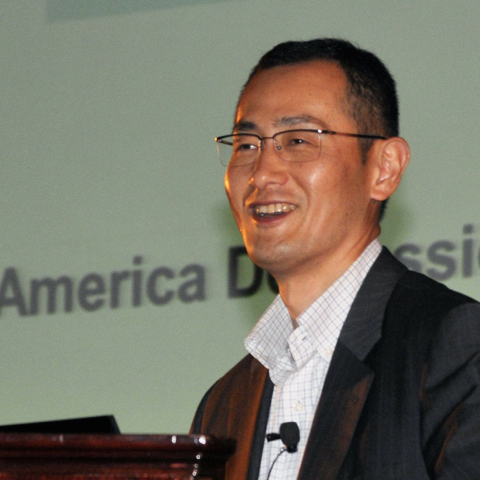
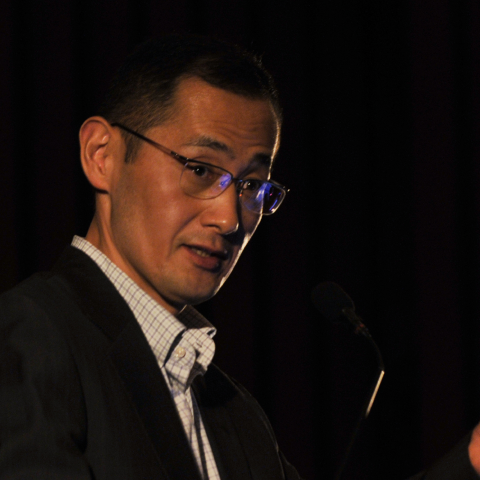
Earlier observations that somatic cells could be reprogrammed either by nuclear transfer into oocytes or by fusion with embryonic stem (ES) cells suggested that oocytes and ES cells contain factors that induce reprogramming. By identifying these factors, Yamanaka reasoned that it should be possible to induce pluripotency in somatic cells without using embryos or oocytes.
The significance of this is that ES cells, derived from the inner cell mass of mammalian blastocysts, can grow indefinitely while maintaining pluripotency. These properties have led to expectations that ES cells might be useful to treat a host of degenerative diseases, such as Parkinson’s and Diabetes, as well as injuries including spinal cord injury. However, clinical application of human ES cells raises issues about the ethical use of human embryos and problems with tissue rejection after implantation. By generating pluripotent cells directly from somatic cells, it may be possible to circumvent these issues. Once established, these cells may be used in regenerative medicine and also to elucidate disease mechanisms and to screen drugs.
